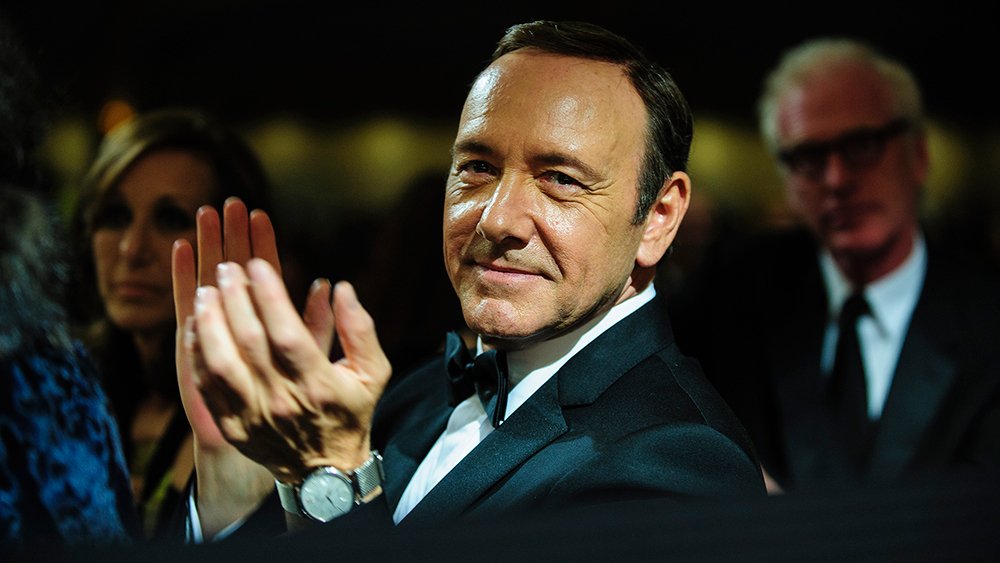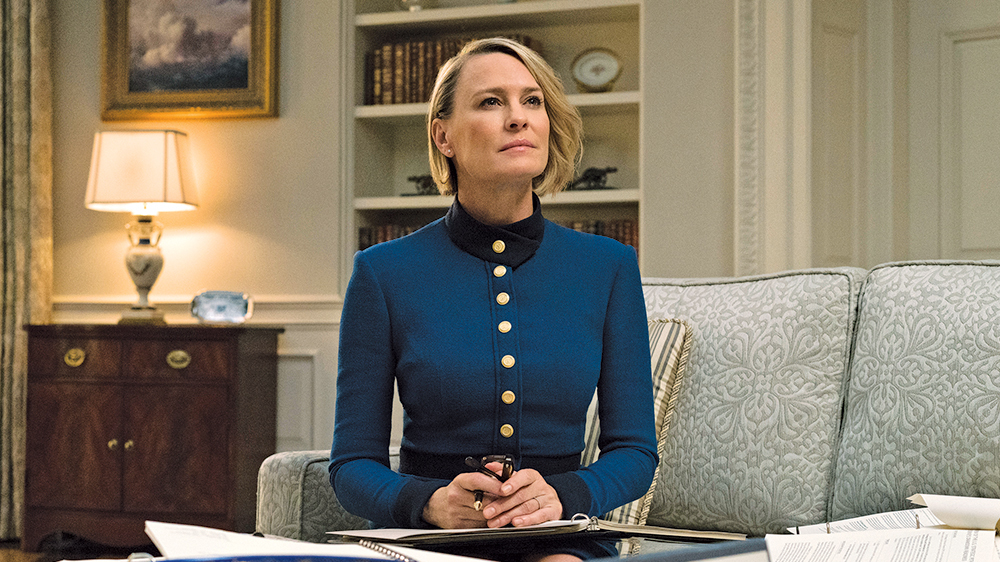News and Insights
Learning from Netflix’s management of the Kevin Spacey scandal
November 5, 2018
By
PADDY O’DEA
This article appeared in the Irish Independent on 3 November 2018.

House of Cards’ Frank Underwood was one of the most ruthless (read: pathological) characters to grace our screens in recent years. His Teflon-like ability to weather the storm and boldly manipulate looming dark clouds to his advantage marked him out as a true political survivor.
Netflix, it turns out, has clearly learnt a thing or two from its most infamous protagonist in its decisive management of the Kevin Spacey scandal.
The sixth and final season of the series premiered on Netflix last week, and the trailer set out its position in the most emphatic terms possible. Standing over Frank Underwood’s grave, his steely widow Claire Underwood proclaims: “When they bury me, it won’t be in my backyard, and when they pay their respects, they’ll have to wait in line.”
The words were carefully chosen. The streaming service was looking to make a clear and triumphant statement: this show is bigger than Kevin Spacey, its association with the tainted star is now dead, and Netflix is not grieving his demise.
BOLD MARKETING IN ITS DNA
In October 2017, news broke of allegations that Kevin Spacey had sexually assaulted a 14-year-old colleague in 1986. At this point, Netflix had already commenced production on the new season. Within days of the allegations breaking, Netflix confirmed that Spacey’s contract had been terminated.
House of Cards, to its credit, has always demonstrated a unique gift for blurring the lines between fiction and reality. On the eve of the 2015 Republican Presidential candidate debate, the show launched a fictional ‘Frank Underwood for President #FU2016’ marketing campaign, complete with political campaign website, campaign videos, a real campaign headquarters, and even #FU2016 merchandise. In other words, bold and mischievous marketing campaigns are in the series’ DNA.
Therefore, when Netflix sought to axe Spacey, it wasn’t entirely beyond the realms of the show’s often subversive narrative and realpolitik storylines. More critically, the series knew its audience and its brand tone of voice.
ETHICAL, LEGAL, COMMERCIAL AND HUMAN FACTORS
In hindsight, Netflix’s decision to fire Spacey now seems like the only justifiable course of action. Some even go as far to say the scandal afforded the company a welcome opportunity to publicise and re-energise the final season of series that, anecdotally, was already seeing its audience share dwindle (Netflix doesn’t publish official audience numbers).
Yet recent history would suggest these decisions are far from straightforward, particularly when one factors in the many ethical, legal, commercial and human considerations at play.
Personnel issues are always fraught for employers, particularly in the case of allegations as serious as those made against Spacey. Even the best governed and most transparent of organisations are vulnerable to the behaviours of their employees, or in this case, ‘leading men’.
The ripple effect of one person’s alleged improper or indeed criminal behaviour can quickly drag innocent bystanders into the eye of the storm, forcing organisations into the unenviable position of making abrupt decisions on major strategic plans: do we cancel the series, recast it, or stand by our man, and all the various iterations in between?

FINE JUDGEMENT CALLS
In the same fortnight that Netflix fired Spacey, Vertical Entertainment opted to pursue a very different strategy with feature film Billionaire Boys Club, also starring Spacey.
The company said in a statement: “We don’t condone sexual harassment on any level and we fully support victims of it. At the same time, this is neither an easy nor insensitive decision to release this film in theatres, but we believe in giving the cast, as well as hundreds of crew members who worked hard on the film, the chance to see their final product reach audiences.”
It continued: “In the end, we hope audiences make up their own minds as to the reprehensible allegations of one person’s past, but not at the expense of the entire cast and crew present on this film.”
The audiences did indeed make up their own mind: the film made $618 on its opening weekend at the US box office. In short, Vertical Entertainment pursued a justifiable course of action but ultimately misread the public mood and paid the price.
TURNING CRISIS MANAGEMENT INTO MARKETING GOLD
These decisions are based on judgement calls and gut feeling, frequently made under pressure and without all the facts. Furthermore, when the allegations are this serious, and the stakeholders this diverse, ‘innocent until proven guilty’ doesn’t hold much sway.
Hope isn’t a strategy either. At the height of the #MeToo movement, certain corporates paid the price for passive decision-making and ‘look the other way’ governance. Others sought to address potentially damaging allegations via non-disclosure agreements (NDAs). However, as recent history has shown us, in the court of public opinion, NDAs are not magic wands and often imply guilt.
To complicate matters further, many allegations don’t fall neatly into a simple right or wrong narrative. Nuance and balance are typically among the first victims of ‘breaking news’ stories. In such scenarios, leaders may be required to take a stance which at first may be unpopular. Standing up to the ‘mob’ can be tough, but doing so until the facts surface is often the key to emerging from the storm. Doing so effectively invariably makes the leader and brand stronger.
In the case of the Spacey scandal, Netflix had sufficient reason to believe these reported allegations, dating back to 1986, were unlikely to be an isolated incident (indeed, the show had temporarily suspended production in 2012 due to allegations of sexual harassment against Spacey). It briefly considered cancelling the show, but ultimately opted to remain true to its bold and mischievous brand tone of voice.
In doing so, it demonstrated a rare brand assertiveness and an affinity with a wider trend towards a more diverse and inclusive Hollywood. Its bold and brave strategy transformed an exercise in crisis management into an ingenious marketing campaign and a defiant show of solidarity with the #MeToo movement.

PADDY O’DEA
Paddy is a Client Director at PR360. He helps clients create engaging corporate stories, cut through the noise, and advance their business objectives. He is most happy when buried under a pile of newsprint.
